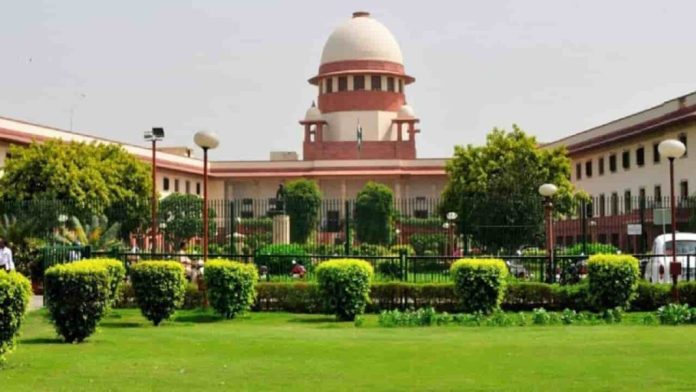The Supreme Court has rejected a petition filed by the Enforcement Directorate (ED) seeking to review its 2023 judgment, which ruled that the Prevention of Money Laundering Act (PMLA) could not be mechanically invoked merely by citing a standalone criminal conspiracy charge under Section 120B of the Indian Penal Code (IPC).
The Court had explained that for a PMLA case to be initiated on allegations of a criminal conspiracy, the conspiracy must be linked with a money-laundering offence already included in Parts A, B or C of the Schedule to PMLA.
The Bench of Justice Abhay S Oka and Justice Pankaj Mithal recently observed that there was no error apparent on the record. Even otherwise, there was no ground for review to reconsider the November 29, 2023 verdict.
The 2023 verdict held that allowing criminal conspiracy to be a scheduled offence by itself, without any link to any money laundering offence, would render the PMLA meaningless and redundant.
The Apex Court explained that if a standalone allegation under Section 120B IPC was allowed to be treated as sufficient to launch a PMLA probe, then any and every offence under the IPC could attract PMLA.
It was not the intention of the legislature to allow any offence capable of generating proceeds to become a scheduled offence merely by applying Section 120B of IPC, added the Bench.
It further pointed out that many other IPC offences that could generate undue profits (or proceeds of a crime) have not been included in the PMLA schedule.
Being a criminal law, PMLA has to be interpreted strictly. If two views were possible while interpreting such a law, the more lenient view has to be adopted, the top court of the country added.
It said the offence of criminal conspiracy itself did not always amount to an ‘aggravated’ offence and was only meant to incorporate a principle of vicarious liability.
Allowing every non-scheduled offence to be converted into a PMLA offence would make the statute manifestly arbitrary, the Apex Court had said in its November 2023 judgement.


